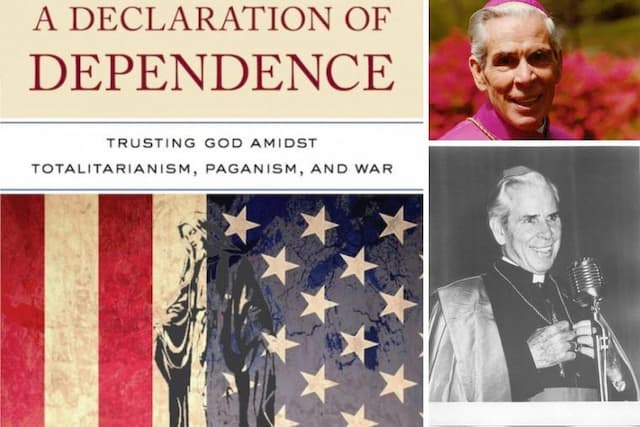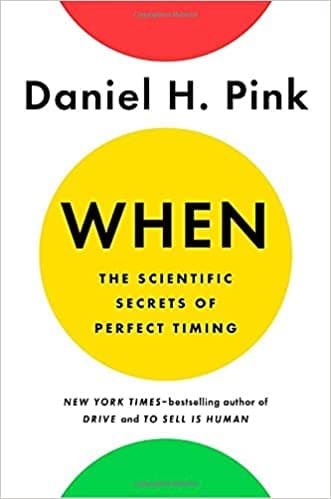Listen Carefully My Child: The Labor of Obedience - Lin Wilder

Listen carefully my child,
Listen carefully, my son, to the master’s precepts, and incline the ear of your heart. Receive willingly and carry out effectively your loving father’s advice, that by the labor of obedience you may return to him from whom you departed by the sloth of disobedience. To you therefore, my words are addressed, whoever you maybe, who are renouncing your own will to do battle under the Lord Christ and are taking up the strong, bright weapons of obedience.
And first of all, whatever good work you begin to do you must beg of him to perfect it, that He who has deigned to count us among His children may not at any time be grieved by our evil deeds. For we must always so serve Him with the good things He has given us, that He will never as an angry Father disinherit His children, nor ever as a dread Lord, provoked by our evil actions deliver us to everlasting punishment as wicked servants who would not follow Hiim to glory.
There are numerous translations of St. Benedict’s Prologue but the one Brother Jerome Leo uses for his meditations on the Rule of Benedict surpasses all of them.
Why?
- The language is deliciously loving… “Incline the ear of your heart…”
- Carry out you loving father’s advice.
- Yet precise…”by the labor of obedience you may return.
- To him from whom you departed by the sloth of disobedience
- Whoever you maybe, you are renouncing your own will
- And do battle under the Lord Jesus Christ
- And are taking up the strong, bright weapons of obedience.”
Renouncing your own will to do battle
We pray the Our Father daily. But are our words, “your will be done” said with conviction or rote? For me it was the latter until an online friend, Janet Klasson and her site, Joy of Penance showed up. Through Janet, I’ve met Luisa Piccareta and have begun to assimilate her writings. With the help of Father Joseph Ianuzzi’s interpretations of Luisa’s words the messages have gained heft; in fact, I’m working to adopt new habits.
Like simplifying and reducing my prayers after Communion or during adoration:
“Lord, I believe, help my unbelief.”
“Lord, I trust in you, help me to trust completely.”
“I surrender my will to you, help me to mean it.”
And the habit of welcoming obstacles.
Huh? Welcoming obstacles?
Yes, you read that right. But I got the idea from Janet. In one of her posts last year, she wrote the Lord was involved in each moment, each…literal roadblock. While driving to someplace in Canada where she lives, Janet was stopped by a detour and instead of permitting frustration and impatience to disturb her peace, she decided to pray and surrender, “Okay Lord, You must want me to take this detour for some reason!”
Not long reading her piece about turning the frustrating minutiae of each day into opportunities for obeying, I began to try it….while waiting in line or when my laptop freezes.
The labor of obedience:
It’s work. Perhaps the toughest we can do, this labor of obedience.
What if I’m unable to surrender, abandon myself to Him?
The only answer? Do it anyway.
It’s excructiating when He asks something of us that feels impossible. Those are the times when we forget that obedience means to hear because our focus narrows: “I can’t do this!”
Anxiety, fear and panic overwhelm and paralyze. Those are the precise times when all we can do is whisper, even groan, “I know You know what is happening right now. I can’t feel You or hear You but this would not be happening if you did not permit it.” Whether it’s your pain or —worse, someone beloved, we must not permit ourselves to believe that God doesn’t know what He’s doing. That He has no plan.
And if it’s not us but our children and grandchildren as we see the evil…everywhere? Not outside the Church but inside! My friend Janet Klasson wrote a wonderfully blunt piece on those of us consumed by what we think we see in our churches, in the hierarchy. Unable to stop thinking, talking and worrying about what looks like destruction.
Janet called her piece, Stop the Chatter! It’s an excellent read because Janet bases her comments on Luisa’s Book of Heaven where Jesus describes precisely what the membership in the Body of Christ means. Exquisitely detailing His Body and its intimacy with His Mystical Body-us. When I read it, I thought of St. Paul’s many writings about who and what we Christians are. Like this one from Ephesions:
And He came and preached peace to you who were far away, and peace to those who were near; for through Him we both have our access in one Spirit to the Father. So then you are no longer strangers and foreigners, but you are fellow citizens with the saints, and are of God’s household, having been built on the foundation of the apostles and prophets, Christ Jesus Himself being the cornerstone, in whom the whole building, being fitted together, is growing into a holy temple in the Lord, in whom you also are being built together into a dwelling of God in the Spirit.
Speaking of Saul,
what must Ananais have thought when he was told to go see the man from Tarsus? Imagine his confusion and even terror?
And yet, Ananais obeyed.
The readings for the latter part of this week have been about Saul of Tarsus. The young Jewish scholar who knew the Law better than many of the Temple rabbis. Saul had been given permission by the Chief Rabbi to come to Damascus to search and persecute Christians.
The word about Saul went gone out and quickly. Devout Ananais was praying when he heard from the Lord to go an heal the sight of the man he knew was a murderer. And Ananais objects.
Of course he does!
“Lord, I have heard from many sources about this man,
what evil things he has done to your holy ones in Jerusalem.
And here he has authority from the chief priests
to imprison all who call upon your name.”
But the Lord said to him,
“Go, for this man is a chosen instrument of mine
to carry my name before Gentiles, kings, and children of Israel,
and I will show him what he will have to suffer for my name.”
So Ananias went and entered the house;
laying his hands on him, he said,
“Saul, my brother, the Lord has sent me,
Jesus who appeared to you on the way by which you came,
that you may regain your sight and be filled with the Holy Spirit.”
Immediately things like scales fell from his eyes
and he regained his sight.”
In my fictional account of the last night of St. Paul’s life,
His jailer Aurelius writes this:
“How would knowing about your murderous past help any of us? The events you speak of took place more than three decades ago—years before most of your followers—including me—were born.”
“NO, Aurelius!” he insisted. “Write this precisely as I say it! All must know who I was, what I did, what I was capable of. Only then can they understand the immensity of the gift we receive! Only then will they comprehend that the words you write tonight—and all of the thousands of words I have written over the last decades—are not mine. How could they be? How could such a contemptible man write of such truth, wisdom, beauty, mercy, forgiveness?”
Only that once did this saint raise his voice to me. During the endless weeks when I’d treated him so ill, he’d been nothing but pacific, meek, and kind. His ire was aroused only when I attempted to mitigate his self-condemnation.”
I loved the years spent immersed in the ancient world. These people and their stories who differ from us only in the superficialities of time and place reach out to teach and lead us to Him.
When completing the last of the ancient world series, my friend Linda introduced me to pianist and song writer, Marty Goetz: Esther’s song, “For Such a Times As This.” Take a moment or three and bask in Marty and Misha Goetz’s music and lyrics confident that He knows what He is about.
Even, perhaps especially, when we are blind to His purposes.











